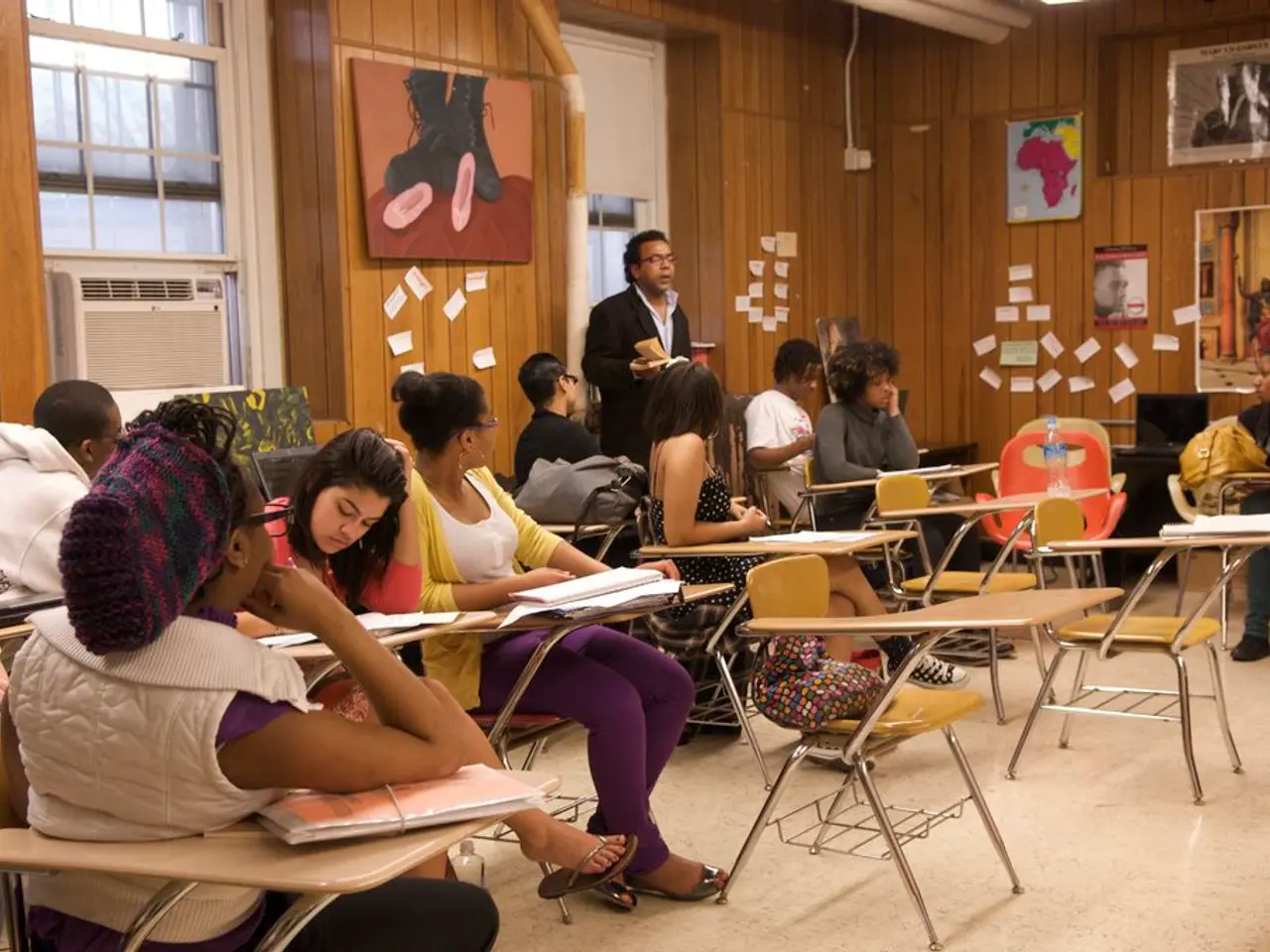Transforming Learning Opportunities: The Impact of Technology on Education Availability
The world of education is undergoing a transformative shift, thanks to the rapid advancement of technology. This digital revolution is making learning accessible to students from every walk of life, breaking down geographical and socio-economic barriers.
One of the key drivers of this change is the array of innovative educational tools that cultivate a deeply engaging learning experience. From language learning apps that enable users to practice conversational skills with native speakers in real time, to virtual reality experiences that provide an immersive learning environment, technology is revolutionizing the way we absorb knowledge.
Virtual reality, in particular, offers a unique and memorable learning experience. By virtually transporting students into historical events or complex scientific phenomena, it makes learning more tangible and memorable. This immersive approach can help students retain information better than traditional methods.
Online learning also offers remarkable flexibility. With the ability to learn at one's own pace and study whenever and wherever it suits, it empowers learners to take control of their education. This flexibility is especially beneficial for individuals juggling multiple responsibilities, such as a full-time job, who can weave their studies into their hectic routine and achieve their educational goals.
Moreover, technology is making education more inclusive. Innovations like captioned videos and screen readers are dismantling barriers for individuals with disabilities, ensuring that everyone has an equal opportunity to learn.
Pioneering companies like Coursera, Khan Academy, Duolingo, Udemy, and edX are at the forefront of this revolution. They have developed a range of innovative learning apps and online courses that cater to a diverse range of learners, regardless of geographic or socio-economic challenges.
This digital revolution is also fostering global community and collaboration. A group of high school students, for instance, can collaborate on a research project about climate change, despite being located in different countries like India, Canada, and South Africa. This global collaboration not only expands students' knowledge but also forges friendships that transcend geographical boundaries.
Interactive simulations in education further help students understand complex concepts in a tangible way. By providing hands-on, experiential learning opportunities, they make learning more enjoyable and effective.
In conclusion, technology-enhanced education is not just addressing inequalities, but celebrating a rich tapestry of diverse learning experiences. It is igniting a passion for learning that can last a lifetime and empowering learners to turn stressed employees into confident professionals eager to tackle new challenges. For more information about this subject, visit udcourse.com.
Read also:
- "Satanic Worship Owns the Spotlight in America: QAnon Spurring Modern Day Satanic Panic"
- Underground Geek Movements Triumphed in 2025: The Emergence of Mainstream Acceptance for Niche Subcultures
- Teletherapy for students with complex communication needs in Northern California is amplified by a speech-language pathologist's utilization of our site's AI animation.
- Guide on Crafting an Interactive Digital Book





